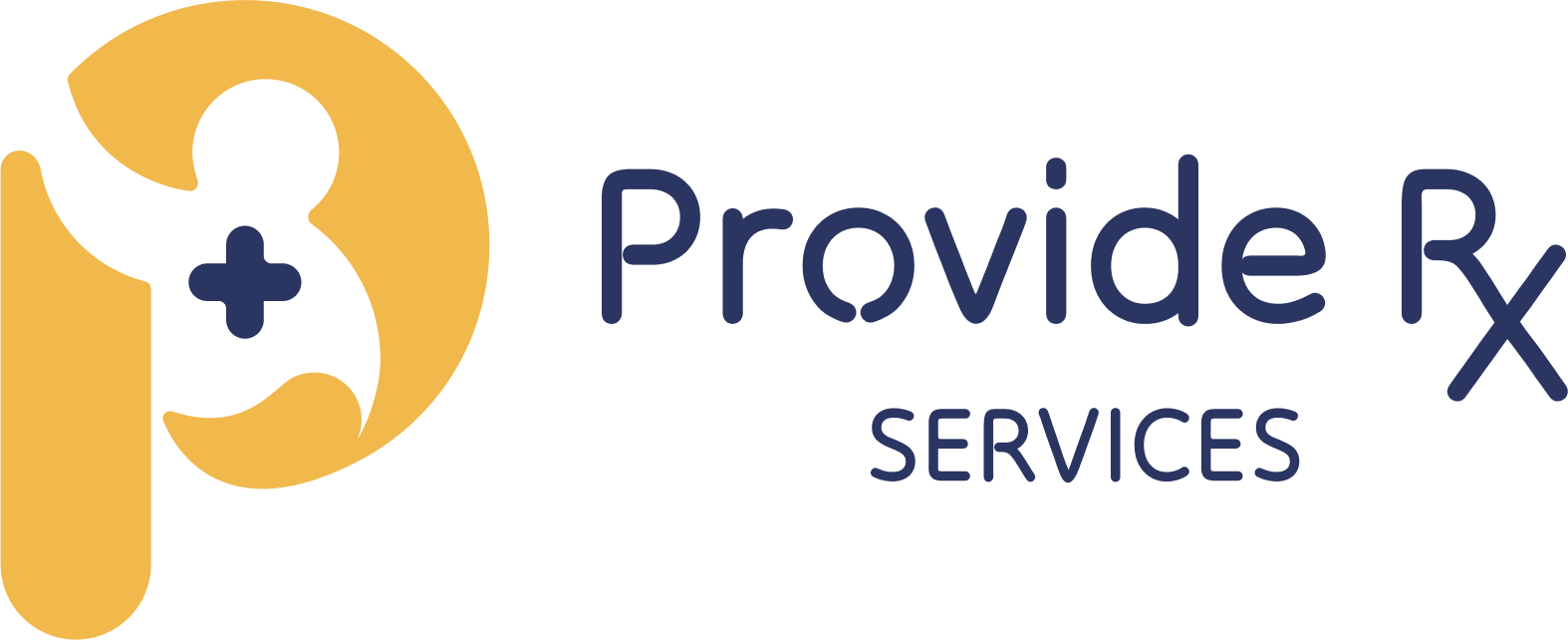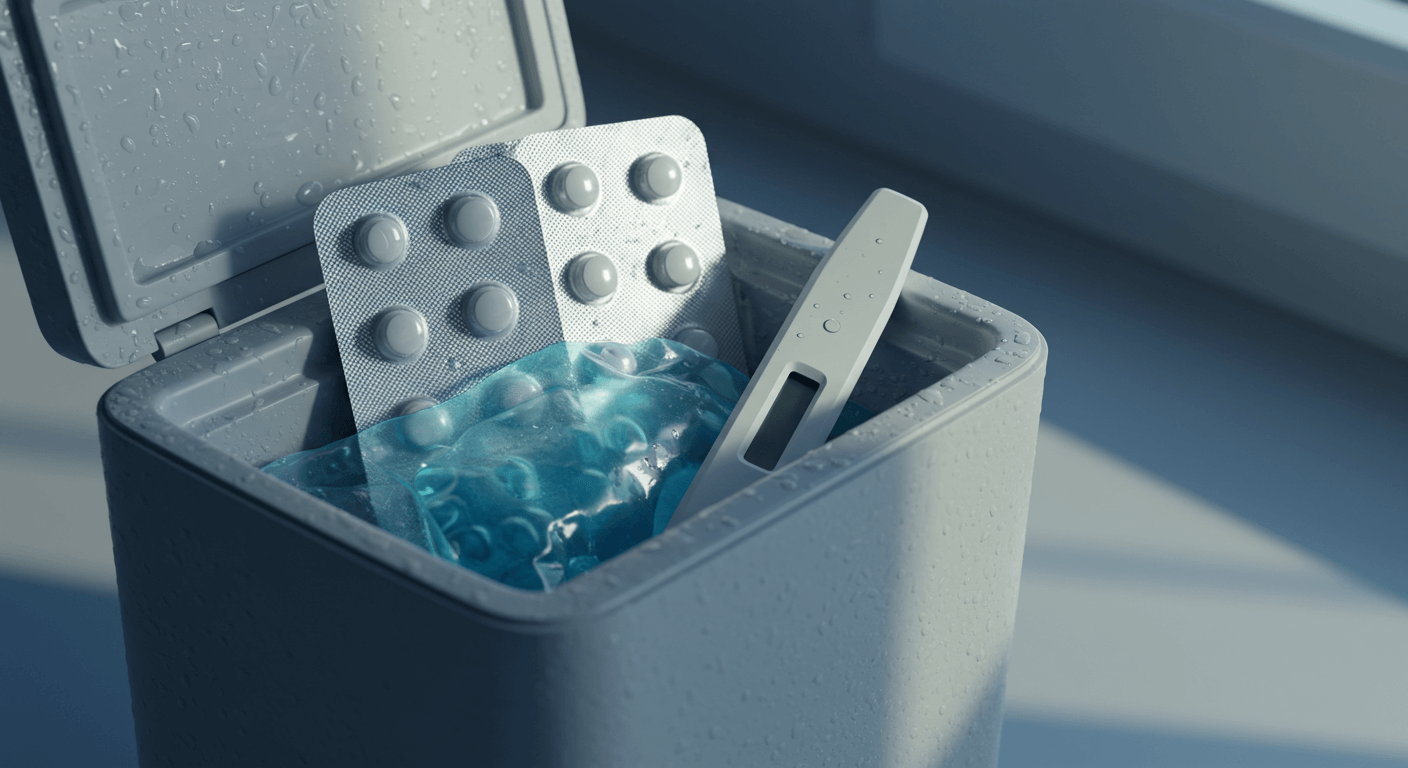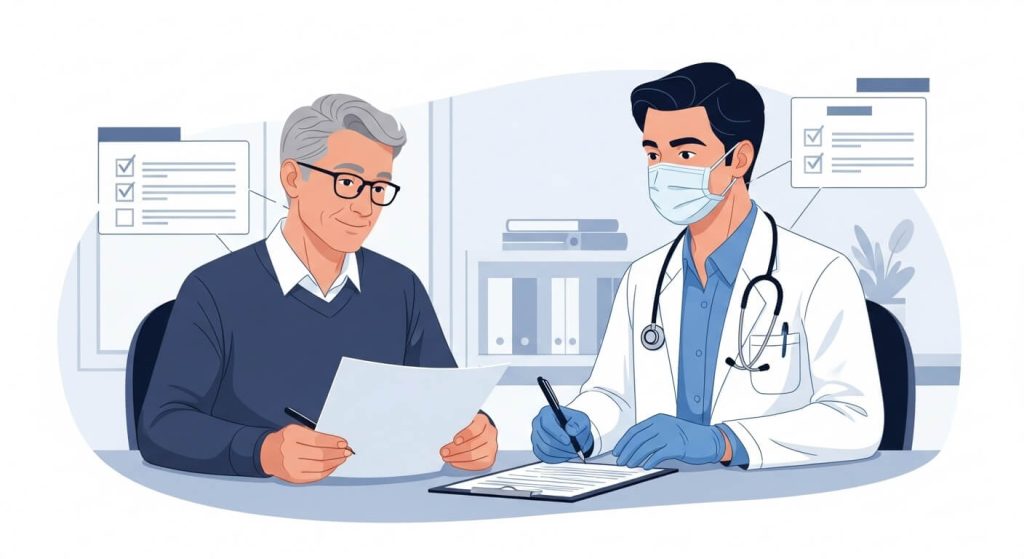what are specialty drugs describes high-cost, high-complexity prescription medicines—often biologics—used for serious or chronic conditions. They usually require special handling (often refrigeration), close clinical monitoring, and are commonly injected or infused under a licensed prescriber’s plan. For a neutral definition you can share with your clinician, see this concise health-insurance glossary definition of “specialty drug”.
Why they exist and why they’re expensive
What are specialty drugs in many readers’ searches—target complex immune, inflammatory, oncologic, or genetic pathways. Many are biologics derived from living cells, which increases manufacturing difficulty and quality controls. Add cold-chain logistics, limited manufacturing capacity, smaller patient populations, prior authorizations, specialty distribution, and ongoing labs or clinic oversight—and total costs rise well before a patient receives a dose.
What truly makes them “special”
• Manufacturing & handling: Many biologics must remain within 2–8 °C from plant to patient, validated with cold-chain packaging.
• Monitoring: Physicians order baseline workups and periodic labs to ensure safety and efficacy.
• Route & schedule: Doses may be weekly, biweekly, monthly, or quarterly; delivery can be auto-injector, prefilled syringe, on-body device, or clinic infusion.
• Access channels: Plans often place these drugs on unique tiers with step-therapy or prior-auth requirements.
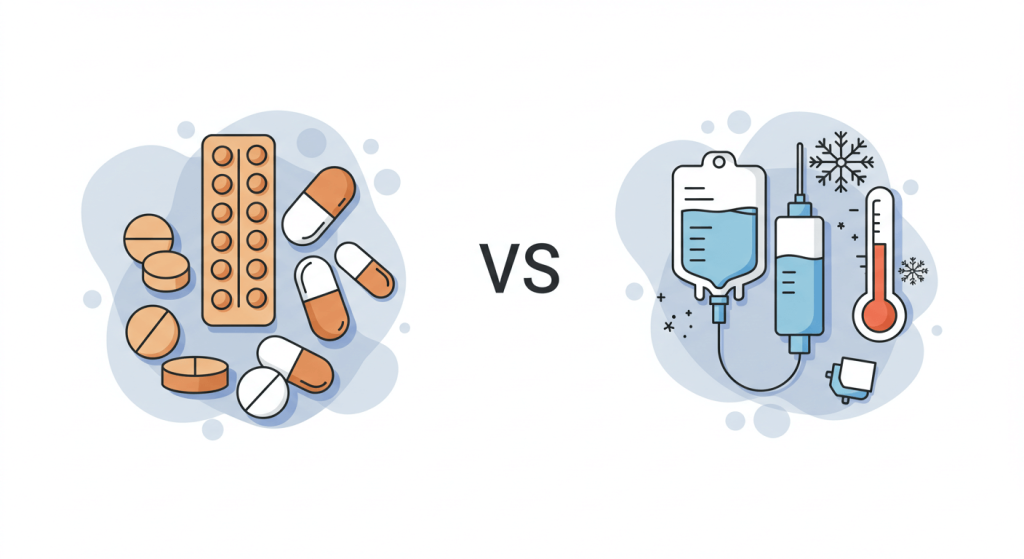
Conditions where specialty drugs are common
• Autoimmune & inflammatory: plaque psoriasis, psoriatic arthritis, rheumatoid arthritis, inflammatory bowel disease.
• Oncology & hematology: physician-managed targeted therapies and monoclonal antibodies.
• Neurology & rare disease: multiple sclerosis and enzyme/gene-targeted therapies with stringent safety protocols.
A practical “specialty drugs list” orientation
Patients often ask for a specialty drugs list; it’s more useful to recognize therapy “families” you’ll hear about in clinic—especially in immune-mediated conditions:
• TNF-alpha inhibitors (self-injectables): Humira (adalimumab), Enbrel (etanercept).
• Interleukin-pathway inhibitors: Stelara (ustekinumab), Taltz (ixekizumab), among others in the IL-12/23 and IL-17 families.
• Additional targeted agents exist; your licensed prescriber determines fit based on your diagnosis, labs, and history.
Important note: medication choice, dosing, and monitoring belong to your physician. Ethical concierge services do not prescribe, sell, or ship prescription drugs; they help you complete an in-person, licensed purchase abroad when appropriate.
Why many Americans look to Tijuana, Mexico—without compromising safety
Facing large out-of-pocket exposure, some patients compare licensed international pharmacies for potential double-digit percentage savings versus typical U.S. cash prices. In border cities like Tijuana, patients lawfully purchase their prescribed medications in person at licensed pharmacies, keep original packaging and invoices, and maintain cold-chain integrity for a same-day return. For a step-by-step overview of the process and safety practices, this plain-English guide—Medical Tourism in Tijuana: Affordable Prescription Access for Americans—is a helpful next read.
How a compliant concierge pathway works
• You bring a valid prescription from your U.S. clinician.
• HIPAA-secure intake confirms medication, strength, and schedule.
• Travel is coordinated; you purchase directly at a licensed pharmacy in Tijuana.
• Cold-chain packaging is prepared for the trip home.
• You receive guidance on documentation at the border and at-home storage.
If you’re comparing where to go and why, this overview of Top Medical Tourism Destinations for U.S. Patients in 2025 explains why many patients prioritize Tijuana for same-day returns and predictable logistics.
From “what are specialty drugs” to real-world decisions
Starting a biologic often brings new tasks: device training, site rotation, sharps disposal, and precise timing. Understanding the fundamentals helps you compare legitimate options and avoid risky shortcuts.
Safety checklist to discuss with your care team:
• Buy only from licensed pharmacies; confirm sealed packaging, lot numbers, and printed invoices.
• Keep meds cold; request validated coolers/gel packs and a temperature indicator for travel.
• Follow the exact dosing plan; do not stretch or skip doses.
• Stay current on labs and follow-ups to monitor efficacy and safety.
The four biologics readers ask about most
Enbrel (etanercept)
A subcutaneous option often used in rheumatoid arthritis and plaque psoriasis. Patients ask about injection technique, storage, and how to time travel days around dose windows.
Humira (adalimumab)
A well-known TNF inhibitor in pen or syringe formats. People compare frequency, on-body feel, and coordination with travel. If you’re researching alternatives, this primer—Differences Between Humira and Rinvoq—helps frame questions for your doctor.
Stelara (ustekinumab)
Targets IL-12/23 pathways. After loading doses, some regimens become less frequent—always per your physician’s plan and monitoring.
Taltz (ixekizumab)
An IL-17A inhibitor used in plaque psoriasis and related indications. Common questions involve auto-injector training, site rotation, and planning labs around trips.
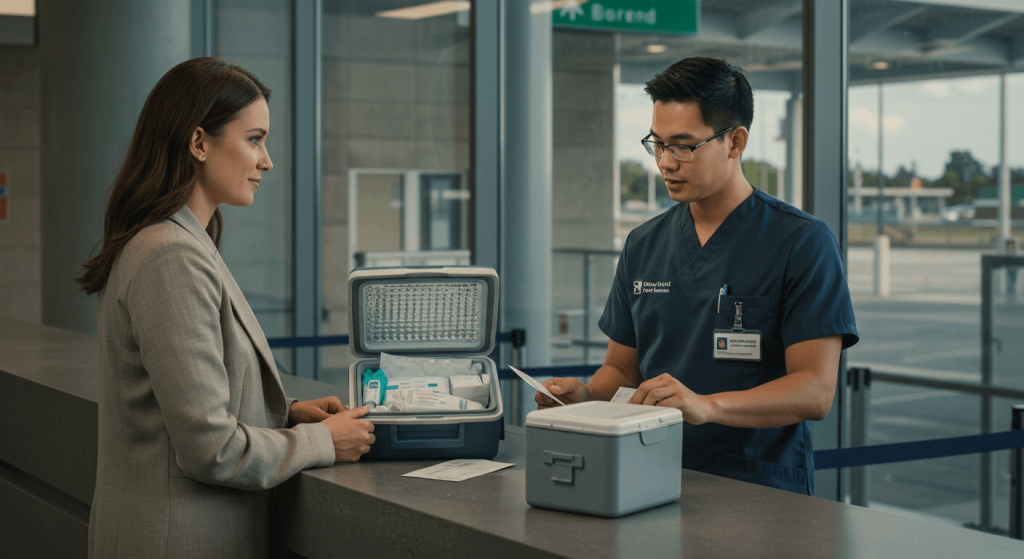
Travel & storage: practical tips
• Timing: Align pickup close to your dose window.
• Packing: Use validated cold packs; keep original packaging and the invoice together.
• Border crossing: Carry your prescription and identification; declare as advised.
• At home: Store per label; never freeze; consider a simple fridge thermometer; set reminders.
• Sharps: Dispose of needles in an approved container according to local rules.
Insurance, budgeting & expectations
Coverage varies widely. Some plans assist; others leave large out-of-pocket costs. A licensed, in-person purchase abroad can lower total spend by meaningful double-digit percentages for some patients. Compare travel time and costs against potential savings and your follow-up needs. Your physician remains central to therapy selection and continuity.
Red flags to avoid
• Offers to mail prescription biologics to the U.S.
• “No prescription needed.”
• Casual claims that products can stay at room temperature beyond labeled guidance.
Each is a warning sign to walk away.
Trustworthy definition—plain and quick
Specialty drugs are high-cost, high-complexity prescriptions—often biologics—used for serious conditions. They require special storage and monitoring and are frequently injected or infused under a clinician’s plan.
How Provide Rx Health fits
Provide Rx Health is a U.S.-based concierge for medical tourism. We organize HIPAA-secure intake, coordinate your in-person purchase at a licensed pharmacy in Tijuana, support cold-chain logistics, and help with documentation for your same-day return. We do not prescribe, sell, or deliver medications. Our role is to make a legitimate path simpler and safer to navigate.
Ready when you are
If you’re evaluating Enbrel, Humira, Stelara, or Taltz and want a safe, licensed way to reduce costs while following your doctor’s plan, send us a quick note through our contact page. We’ll guide you through secure intake, trip coordination, and an on-site pharmacy visit in Tijuana so you can focus on your health.
